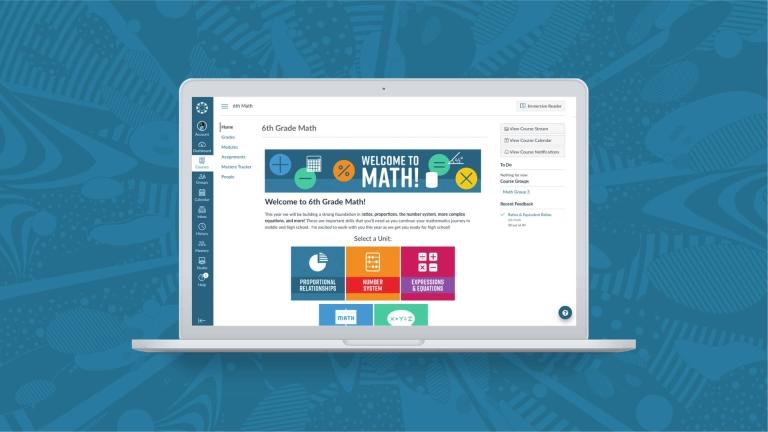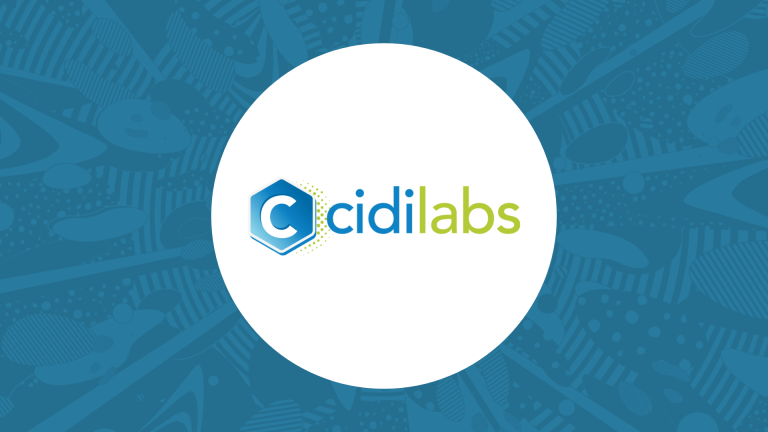
Digital badges and micro-credentials allow students to showcase the skills they’ve mastered across various disciplines, and serve as a valuable component of their professional portfolios. More employers and academic institutions are using these badges and credentials as viable indicators of a potential employee’s ability to perform the job well – a huge win for today’s workforce. But with their continued use in hiring and recruitment efforts, how can organizations and academic institutions ensure that the badges someone has earned align directly to the skills required for the job?
Open Badges is the world's leading format for digital badges, with more than 74 million Open Badges issued to date. Their use is growing worldwide as they are verifiable, portable, and packed with information like who earned it, who issued it, the criteria required, and even the evidence and demonstrations of the relevant skills. The Open Badges specification is managed and advanced by 1EdTech, represents a vital component of the digital credentials ecosystem, and provides a shared standard for earners, issuers and developers.
With a standard approach to how badges and credentials are earned and shared, both learners and employers can be empowered in the job market. It’s for this reason that 1EdTech developed the TrustEd Microcredential Coalition with senior leaders from higher education, edtech suppliers, and K-12 districts. Aimed to maximize the value of digital credentials, the coalition developed a framework for issuers to help receiving organizations quickly and clearly understand the level of experience a learner needs to demonstrate to earn a specific credential.
1EdTech’s TrustEd Microcredential Framework builds on the existing Open Badges and Comprehensive Learner Record Standard™ (CLR Standard™), which provides:
- Direction – Directs an issuer to what information a receiving agency needs to see to understand and verify a learner’s level of mastery and where that information can be embedded within a credential.
- Transparency – Takes the guesswork out of knowing what a credential or degree means, making each achievement transparent to the receiver.
- Mobility – A TrustEd Microcredential can move across platforms and networks in support of the crucial requirement for learner mobility.
Canvas Credentials, Instructure’s all-in-one badging solution, is an early adopter of this framework, recently earning the Open Badges 2.1 (OB 2.1) certification. Also referred to as the BadgeConnect® API, the certification supports learning mobility by enabling learners to move their credentials between systems and is an essential element of interoperability and learner sovereignty.
“Being one of the first issuers with the Open Badges 2.1 certification further validates the quality of digital badges and credentials issued through Canvas Credentials,” said Elizabeth DiRenzo, Director of Product Management at Instructure, adding that Instructure is also pursuing the Open Badges 3.0 certification. “We’re committed to aligning with and solidifying industry standards in digital badging, and value the opportunity to champion innovation and excellence as an early adopter.”
As more institutions establish a unified, common ground for academic and co-curricular credentials and how they are embedded and transferred, students will gain the autonomy to build and showcase the skill sets necessary for their lifelong learning journey. Digital badges go beyond what students can display on a traditional transcript or resume, and with the unified approach of 1EdtTech’s new framework, can provide more clarity on a learner’s skill set.
To learn more about 1EdTech’s member-based non-profit community partnership and its TrustEd Microcredentials framework to be released in March 2024, visit 1edtech.org.
Related Content
 Teaching-With-Tech-10-Benefits.jpg
Teaching-With-Tech-10-Benefits.jpgBlogs
 creds-retention.jpg
creds-retention.jpgBlogs
 cidilabs.png
cidilabs.pngBlogs
